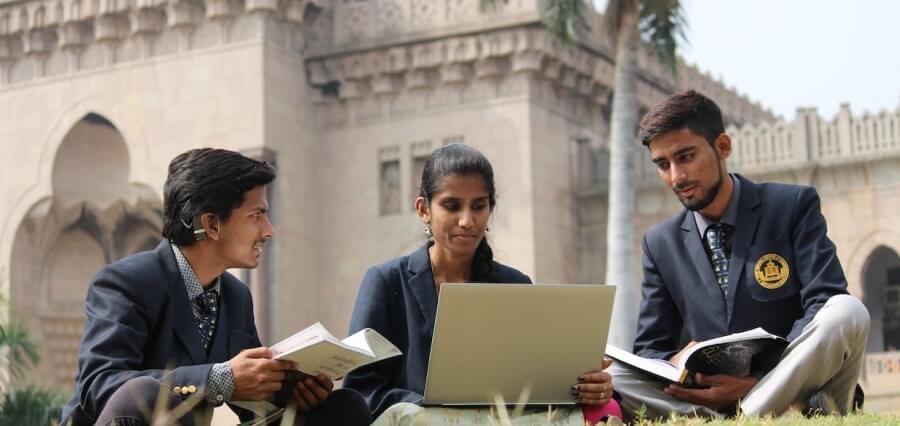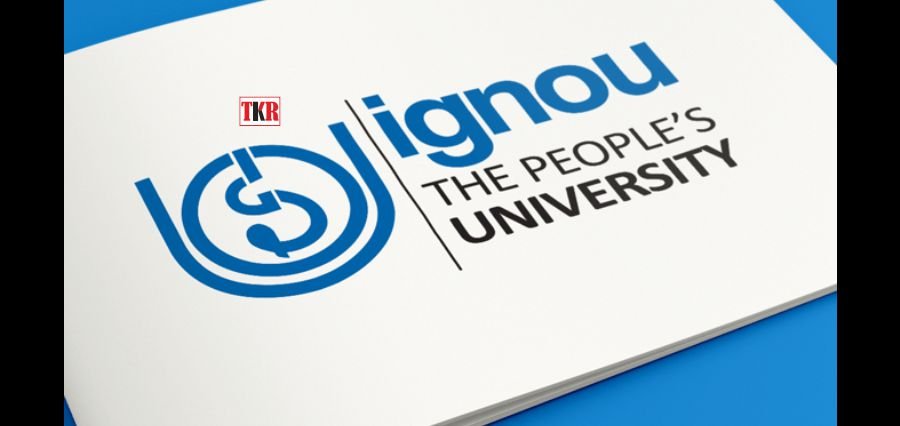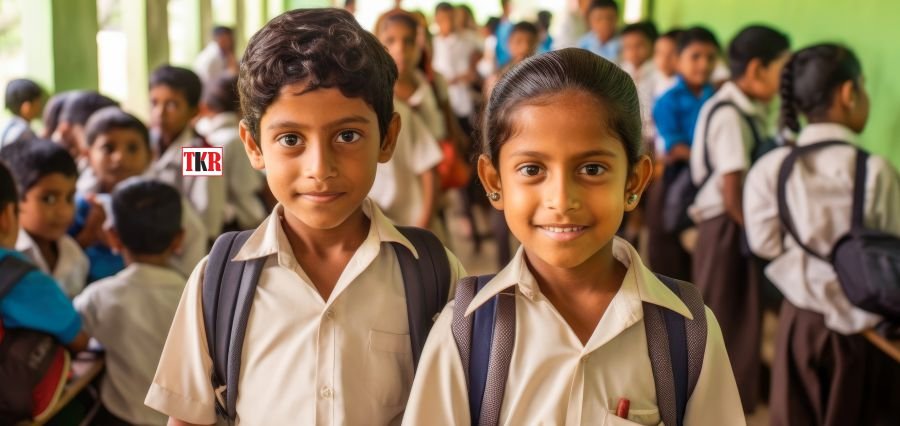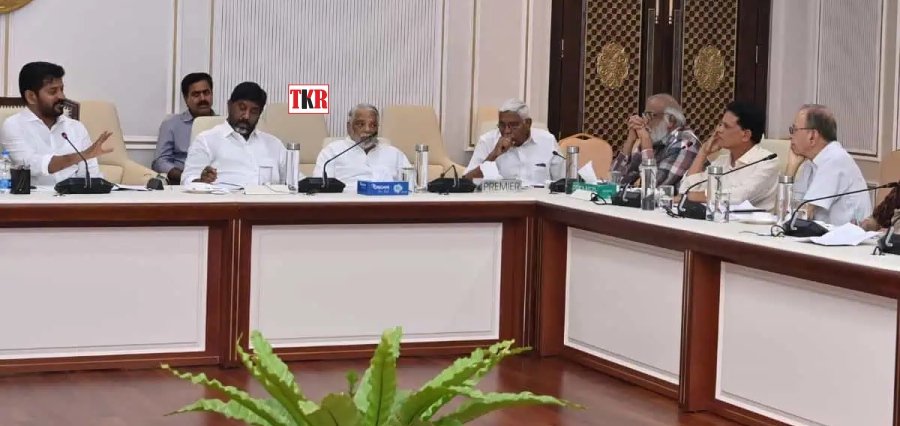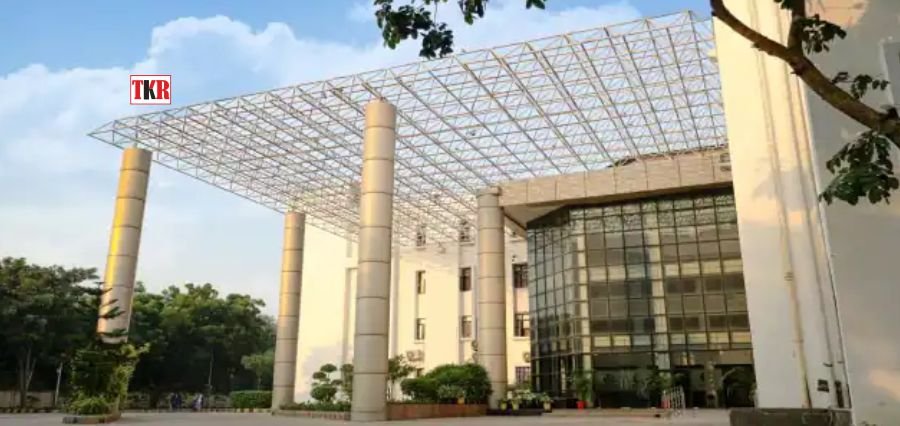From Novice to Expert
The path to becoming a medical professional in India is a challenging yet fulfilling journey that attracts ambitious and dedicated students from all corners of the country. Aspiring medical students embark on this rigorous expedition with a passion for healing, a commitment to service, and a desire to contribute to the betterment of society through healthcare. From the demanding pre-medical entrance examinations to the hands-on clinical training, the journey of medical students in India is a transformative experience that shapes their careers and shapes their lives.
Entrance Examination Preparations
The journey of medical students in India often begins during their high school years when they decide to pursue a career in medicine. The first major milestone in this journey is preparing for the highly competitive medical entrance examinations. The two primary entrance tests for medical colleges in India are the All India Pre-Medical Test (AIPMT), now known as the National Eligibility cum Entrance Test (NEET), and various state-level entrance exams.
Students dedicate several months, sometimes even years, to intense preparation, often attending coaching classes or self-studying with determination and discipline. The competition for limited seats in reputable medical colleges is fierce, driving aspiring doctors to put forth their best efforts to secure admission.
Pursuing the Bachelor of Medicine and Bachelor of Surgery (MBBS) Degree
Once successful in the entrance examinations, students embark on their MBBS journey, which spans five and a half years. The MBBS program includes four and a half years of academic training, followed by a one-year compulsory rotating internship.
During the academic phase, students delve into various medical subjects, including anatomy, physiology, biochemistry, pathology, pharmacology, microbiology, and more. Practical learning is a significant component, with dissection classes, laboratory sessions, and clinical demonstrations forming an essential part of the curriculum.
Medical students also gain early exposure to patient care through regular visits to hospitals and medical centers. This hands-on experience allows them to witness the practical application of their theoretical knowledge and instills a sense of responsibility and empathy toward patients.
Facing Challenges and Long Study Hours
The journey of medical students in India is a challenging feat, and they face numerous challenges throughout their academic pursuits. The vast and complex curriculum demands long study hours and extensive preparation for examinations.
Medical students must develop effective time management skills to balance their studies with clinical postings, practical sessions, and extracurricular activities. The pressure to excel academically and meet high expectations can be mentally and emotionally taxing, necessitating resilience and perseverance.
Clinical Postings and Rotating Internship
As the academic phase nears completion, medical students enter their rotating internship, a critical period in their journey. The internship exposes them to various medical specialties, such as surgery, medicine, gynaecology, paediatrics, and more.
Under the guidance of experienced doctors, interns participate in patient care, perform medical procedures, and gain valuable clinical experience. The internship also serves as a transition from a student to a healthcare provider, allowing interns to apply their knowledge in real-life scenarios.
Postgraduate Specialization and Residency
After completing the MBBS program and successfully clearing the mandatory licensing examination, medical graduates can choose to pursue a postgraduate specialization in a specific medical field. This leads to the award of degrees such as Doctor of Medicine (MD) or Master of Surgery (MS) in their chosen discipline.
The process of securing a residency in their desired specialty can be highly competitive, as popular specializations attract a limited number of seats in renowned medical institutions. Postgraduate students undergo extensive training, conduct research, and gain expertise in their chosen field during their residency.
Balancing Personal and Professional Life
Throughout their journey, medical students often find themselves balancing their professional pursuits with personal commitments. The demanding nature of medical education and the subsequent responsibilities as healthcare providers may limit the time available for family, social activities, and personal hobbies.
Medical students and professionals must learn to strike a balance between their personal and professional lives to maintain their well-being and prevent burnout. Support from family, friends, and mentors plays a crucial role in helping them navigate the challenges and demands of their medical careers.
Developing Compassion and Empathy
As medical students progress through their journey, they cultivate essential qualities such as compassion, empathy, and resilience. The daily interactions with patients and witnessing their struggles and pain deepen the student’s understanding of the human condition.
Medical training instils a sense of responsibility toward patients’ well-being and motivates students to provide the best possible care. The experiences during their journey shape them into not only skilled medical professionals but also compassionate caregivers.
Embracing Lifelong Learning
The journey of medical students in India continues after the completion of their formal education. In the medical profession, continuous learning is essential to keep up with advancements in medical science, technology, and best practices.
Medical professionals undertake professional development programs, attend medical conferences, and engage in research to stay updated with the latest developments in their fields. Lifelong learning is a hallmark of the medical profession and a commitment to delivering the highest standard of care to patients.
Transforming Medical Education
The journey of medical students in India is a transformative and arduous process that shapes them into skilled, compassionate, and dedicated healthcare providers. From the challenges of competitive entrance examinations to the hands-on clinical training and continuous learning, medical students are equipped with the knowledge and skills needed to serve their communities and contribute to the field of medicine.
The journey is a testament to their commitment to the betterment of society and the significant role they play in promoting health and well-being. As they embark on their medical careers, these young medical professionals carry with them the values of compassion, empathy, and a relentless pursuit of excellence that defines the noble profession of medicine.

